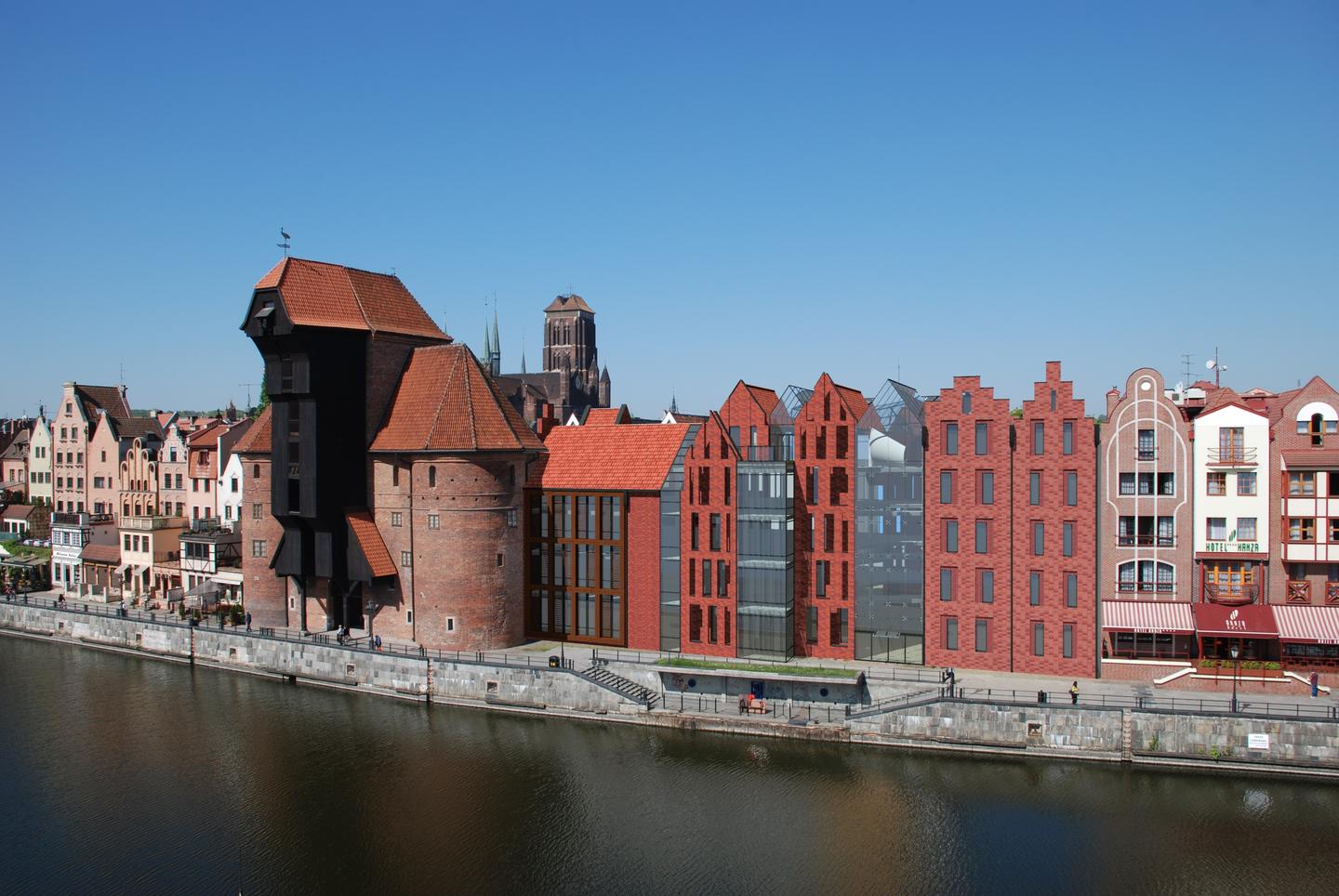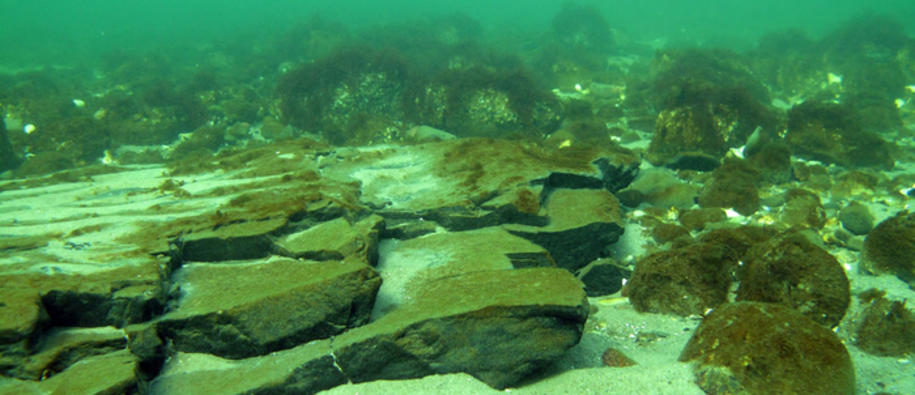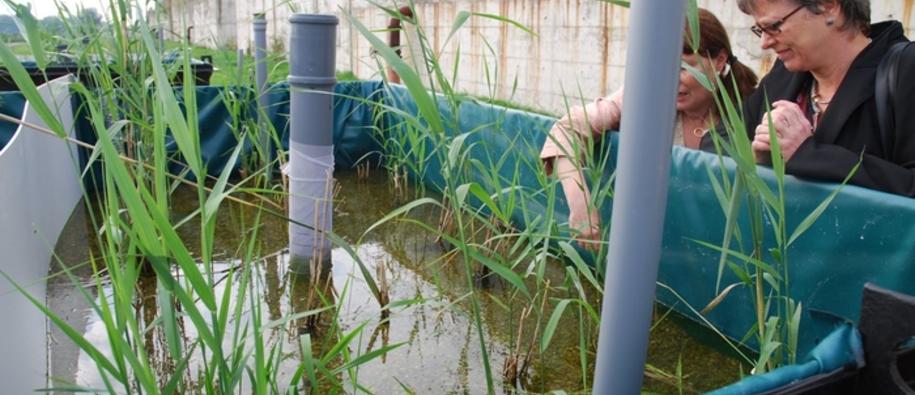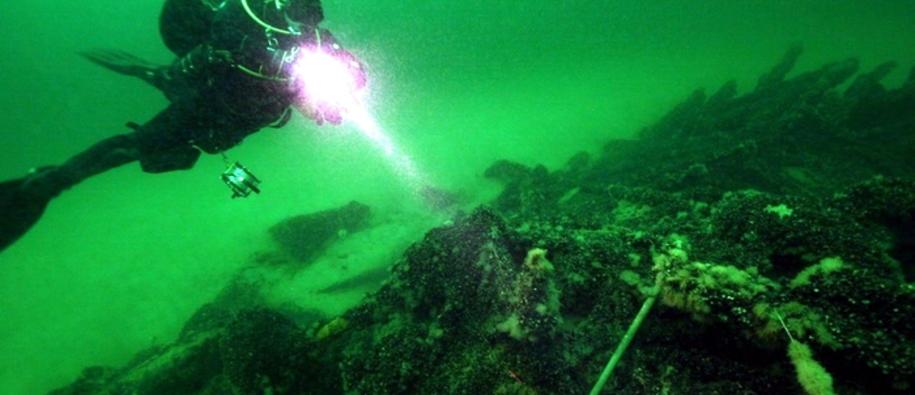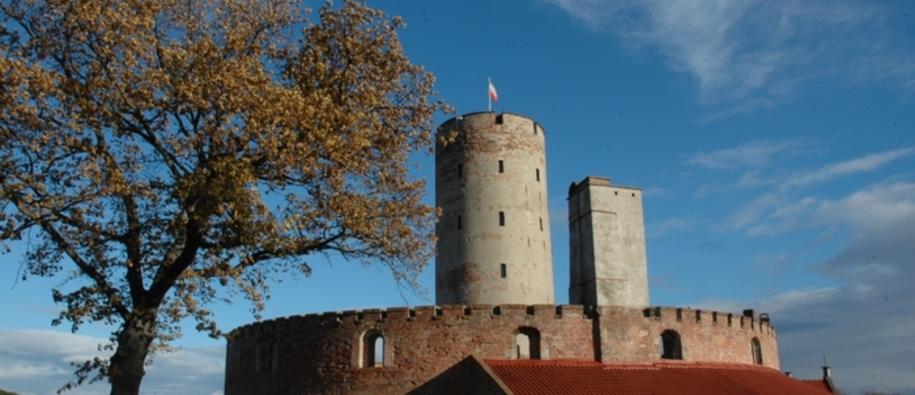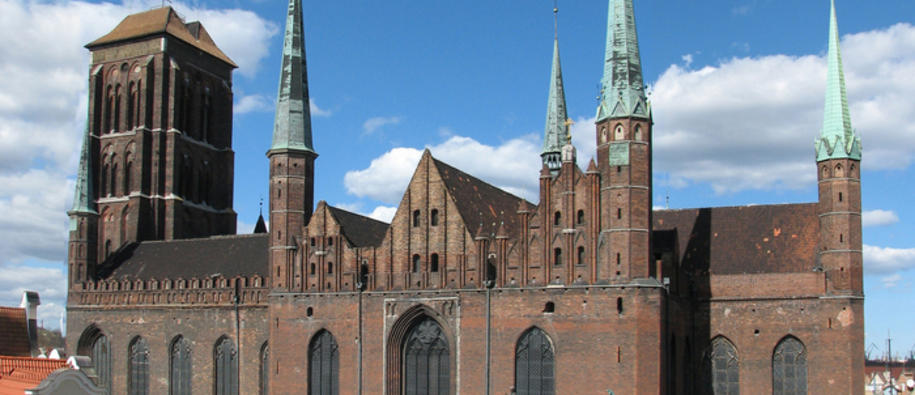More than 1 million people live in the cities of Gdansk, Gdynia and Sopot, situated adjacent to one other in a row on the coast of the Baltic Sea. The EEA and Norway Grants finance 19 projects in this area within the fields of environment, culture, health care, and Schengen.
Energy efficiency and renewable energy projects
Projects: PL0140, PL0145, PL0149, PL0151, PL0185, PL0193, PL0194, PL0204 & PL0347
In Poland, poor insulation and old-style fossil-fuelled heating systems make energy consumption in public buildings a heavy burden for the environment and public finances. In the Tricity area, funding has covered works (draught-proofing the windows, doors, walls and roofs and replacing poor heating and ventilation systems) on 23 public buildings, including 16 schools and kindergartens, in the municipalities of Chmielno, Dzierzgon, Gardeja, Nowy Dwór Gdanski, Smetowo Graniczne and Wejherowo. The renovations of the Social Assistance House in Stegna have reduced CO2 emissions with 100%. Read more
In the municipality of Dzierzgon, solar collectors have been installed in 294 private households. Additionally, a grant to the Regional Water Management Board in Gdansk has financed the construction a hydropower plant in Michalowo.Together, the projects are estimated to annually reduce emissions of CO2 with 12,345 tonnes, save 11,190 MWh of heat, and produce 3810 MWh/year of renewable energy.
Mapping Polish waters to safeguard biodiversity
Project: PL0078
The EEA Grants finance a 2-year pioneer project by the Institute of Oceanology at the Polish Academy of Sciences aimed at developing the first set of maps of Polish marina area habitats.
Read more
Environmentally friendly waste water treatment
Project: PL0085
At Gdansk University of Technology, the EEA Grants supported a project aimed at minimising the environmental impact caused by sewage treatment plants. A research team at Gdansk University of Technology applied a €400,000 grant to carry out research on new methods for reducing pollution (ammonium, nitrogen and heavy metal) caused by leakages from landfills and rejected water from sewage sludge processing. Two new environmental monitoring systems were created as a result of this research, and the project results were shared with a wider audience through two scientific publications. Read more
Preserving marine cultural heritage in Poland
Project: PL0243
A €8.6 million investment from the EEA Grants has financed a new building for the Polish Maritime Museum in Gdansk that will host exhibitions of the marine cultural heritage of the region, scheduled to open this year. In cooperation with Stavanger Maritime Museum, the Polish Maritime Museum has also developed an online exhibition about the two sunken shipwrecks off the coasts of Gdánsk and Avaldsnes that tell the tales of pirate attacks, wars and trade, linking Norwegian and Polish history in the Middle Ages. Read more
PL0248
Throughout history the strategic location of the Wisloujscie Fortress in Gdansk has been invaluable for controlling ships entering and leaving Gdańsk harbour. Today, the monument is an important tourist attraction, featuring a mosaic of architecture styles and building materials, as it was rebuilt after each enemy attack. Close to €1.3 million in funding from the EEA Grants has financed repairs and adaptations that will make it possible to open the monument to the public.
Face lift for the main tower of St. Mary’s Basilica in Gdansk
Project: PL0252
The Roman Catholic church St. Mary’s Basilica, often called "the crown of the city of in Gdańsk", is said to be the largest brick church in the world.
A €3.3 million grant has financed the restoration and preservation of the structure of the main tower in order to slow down the adverse weathering processes and repair visible damage.
Projects: PL0063, PL0377 and PL0437
The Public Specialist Hospital in Lębork has received €1.47 million in funding to ensure that its 50,000 residents have access to high quality health care and no longer have to travel to Gdańsk 80 km away for specialist health facilities. The funding has covered a refurbishment of the hospital building and rooms to improve hygiene and safety standards, training of 394 medical staff, and prevention programs in the local community. New modern diagnostic and treatment equipment for the hospital wards for internal diseases and gynecology will ensure better care for patients with cardiovascular diseases and help reduce the number of stillbirths. The hospital’s annual capacity for diagnosis and treatment has also increased with 164 patients. Read more
Strengthening Poland’s sea border in Gdynia
Project: PL0065
The new security monitoring system at the Port of Gdynia, financed by a €491,000 contribution from the Norway Grants, is the most comprehensive and advanced of its kind in Poland and has improved the security at what is one of the major ports of the Baltic Sea. 60 % of the port area is now covered by security system, and 25 people have been trained. As a beneficial side effect, the cameras have also proved to be a useful tool for monitoring oil leakages. Read more
PL0443
Gdynia Custom Chamber takes part in a €2.5 million project to develop and strengthen the communication between Custom Service Mobile Groups in seven Customs Chambers in order to ensure more effective operations. A new information and computer technology (ICT) system has been developed and put in place as well as a system tracking persons using personal I.D. data.
